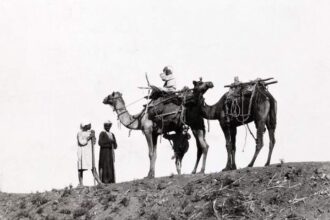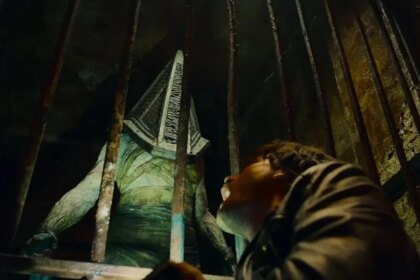Emerging startupPhysical intelligence(Physical Intelligence) is not interested in making robots. Instead, this company has introduced an artificial intelligence model that, like the brain, allows existing robots to perform various tasks that require precise movements and high skill; Including housework.
This model works like the “brain” of robotic hardware and is always learning; As a result, machines equipped with it can perform various tasks; Including taking the clothes out of the washer dryer and folding them, arranging eggs in a special container, grinding coffee and tidying the table. With this technology, it’s not hard to imagine robots taking care of household chores like in sci-fi movies.
The American company Physical Intelligence or “Pi” for short (π) called this “fundamental model of general-purpose robot” π0 (pi-zero) is called.
The aim is that in the future, physical robots will be able to cope with any task, like large language models and artificial intelligence assistants; Not that they are only limited to one or more specific tasks. π model0 Like large language models, it is trained with large and varied data and can follow various textual instructions.
π0 examines images, texts and actions and improves physical intelligence by practicing through real experience of robots; Thus, π0 Using an innovative architecture, it transmits low-level commands directly to machines. Users can use π to complete a task or solve a challenging scenario0 give an order or “prompt” (Prompt).
In the video below, π company shows some of the capabilities of robots equipped with π0 has shown in doing housework.
The future of robots to work at home
The purpose of π company is not to solve specific problems. They want to create a model that understands physical interactions and uses this physical intelligence to do different things. In introducing this model, the robot equipped with π0 He was able to perform 20 different tasks.
π model0 It’s supposed to be like omnivorous animals in the wild, like raccoons and grizzly bears. These animals do not have highly specialized skills, but they can adapt to many habitats and food sources; As a result, they are very resistant to dynamic environmental changes; Unlike specialized animals, such as bees, which do not have much ability to cope with changes.
π model0 It uses the visual-linguistic model (VLM) for initial training and the “flow matching” method to coordinate its movements with artificial intelligence learning; Thus, π0 It becomes a versatile model.
None of the tasks in the video above are exciting or new on their own, but π0 He has mastered 68 different tasks with 10,000 hours of training and 7 different robotic hardware, which is a promising feature.
The π company is still in the early stages of research and development, but its engineers believe that their model removes the existing obstacles on the way to creating versatile physical intelligence; Including the time and cost needed to practice the hardware in order to learn new tasks.
RCO NEWS


















